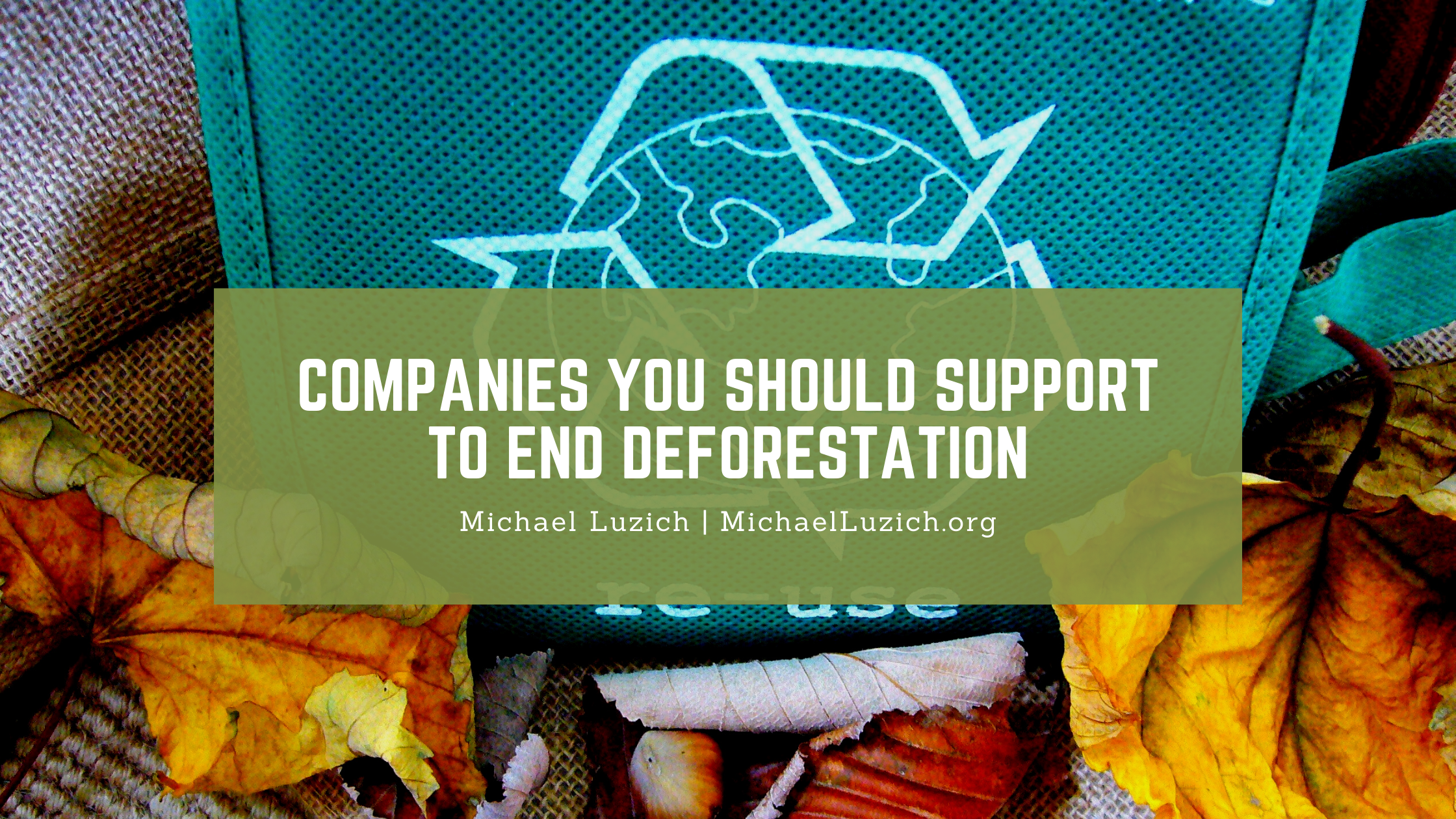What Companies Cause The Most Deforestation
As we move towards sustainable living, one critical issue that needs our attention is deforestation. The destructive impact of deforestation cannot be ignored, and it's high time we take some action. Many companies claim to implement zero-deforestation policies, but do they stand up to their promises?
Companies Failing to Meet 2020 Zero-Deforestation Deadline

A recent report suggests that many companies are going to miss their 2020 zero-deforestation deadline. The report, "Forest 500: Pathway to Deforestation-Free Supply Chain," warns that many corporations have failed to take the necessary measures to tackle deforestation. The report highlights that the worst-performing organizations include restaurant chains, meat processors, and retailers. These companies have invested substantial sums of money in tropical rainforests, which has led to massive deforestation. The report highlights that corporate giants like McDonald's, Walmart, and KFC have vast supply chains and hold a great deal of power in changing the way business is done.
Companies to Support to End Deforestation

While there are companies that are failing to meet their zero-deforestation targets, there are also companies that are working hard to end deforestation. Here are some of the companies that you can support:
Patagonia:
Patagonia, the clothing company, has been vocal about its sustainable policies. The company has made substantial investments in reforestation programs and has implemented responsible sourcing policies to prevent deforestation.
Ben & Jerry's:
Ben & Jerry's, the ice cream company, has taken a stand against deforestation. The company has committed to sourcing only sustainable palm oil and has launched various awareness campaigns to educate its customers about the environmental impact of deforestation.
The Body Shop:
The Body Shop, the cosmetic giant, has implemented a comprehensive no-deforestation policy. The company sources its raw materials responsibly and has committed to transparent reporting on its suppliers.
Reformation:
Reformation, the California-based fashion brand, believes in sustainable fashion. They have implemented a circular economy model by recycling fabrics to create new clothes. The company also sources its fabrics sustainably, avoiding materials that contribute to deforestation.
Seventh Generation:
Seventh Generation, a cleaning product manufacturer, has been a leader in sustainability for years. The company has released multiple reports on its environmental impact and has implemented various sustainable practices, including responsible sourcing and eco-friendly packaging.
Conclusion
We all have a role to play in preventing deforestation. While some companies are failing to meet their zero-deforestation targets, there are others that are making a positive impact. By supporting companies that prioritize sustainability and responsible sourcing, we can make a difference in the fight against deforestation. Remember that change starts with us.